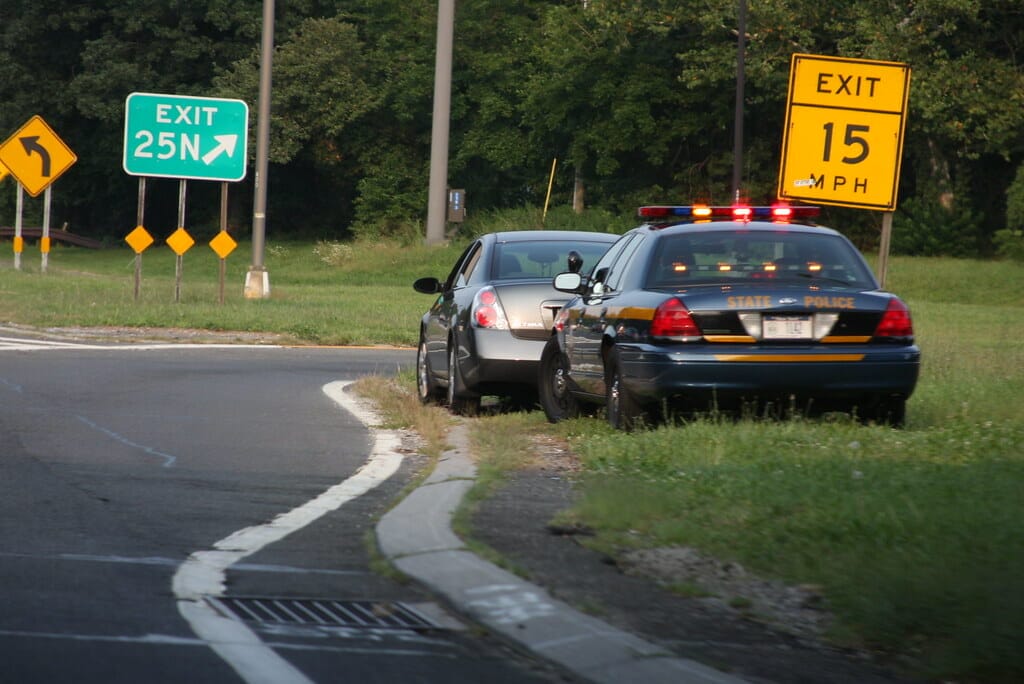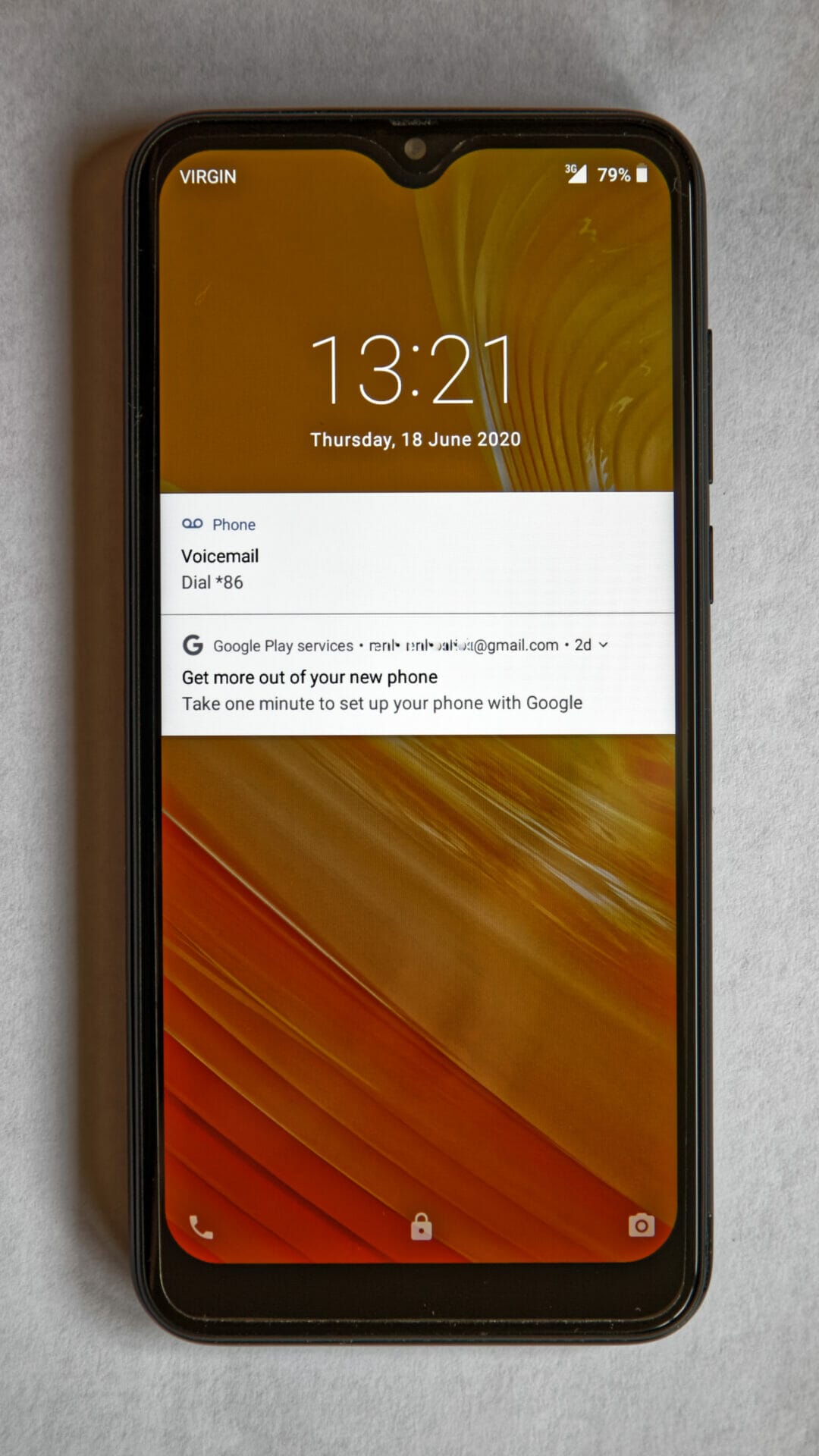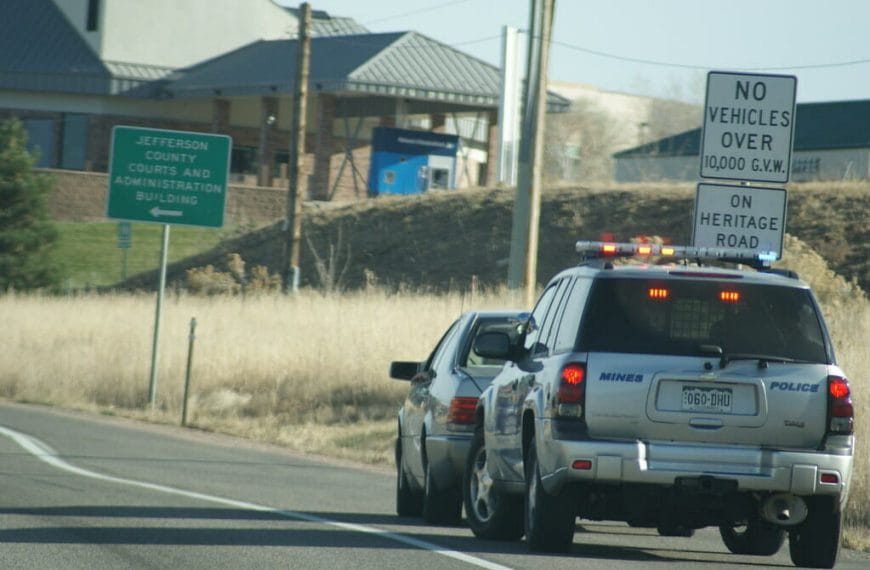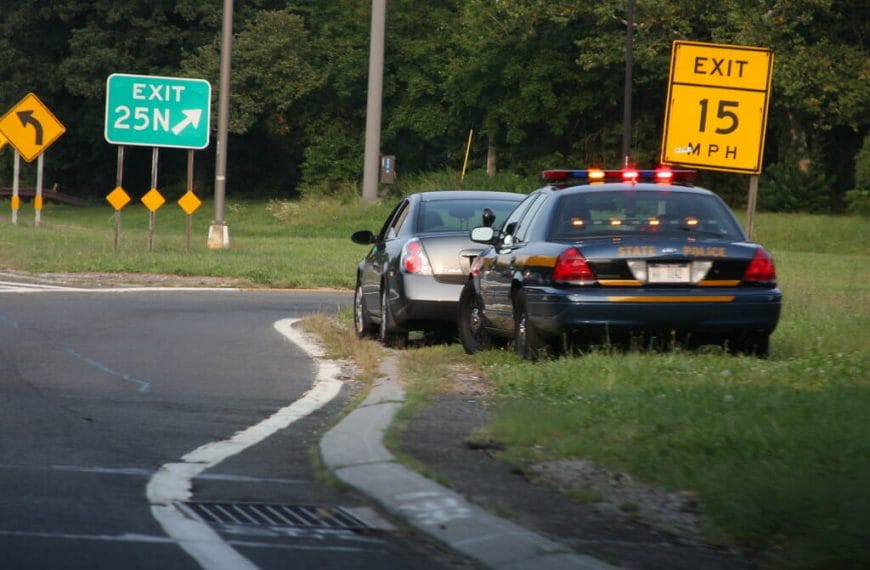The topic of when the police can search your car at the roadside raises important questions about our individual rights and legal protections. Understanding these key points can help you navigate encounters with law enforcement and protect your rights.
The Fourth Amendment
The Fourth Amendment of the United States Constitution is a crucial safeguard that protects individuals from unreasonable searches and seizures. It grants people the right to be secure in their persons, houses, papers, and effects against such intrusive actions.
Probable Cause
In most cases, the police require probable cause to conduct a search of your car without your permission. Probable cause means they must have sufficient reason to believe that a crime has been committed or that there is evidence of a crime in your vehicle. This requirement acts as an important check on potential abuse of power.
Consent
If law enforcement officers ask for your consent to search your car, remember that you have the right to refuse. Granting consent allows them to proceed without needing probable cause. Remember, it is crucial to assert your right respectfully and politely when exercising this option.
Traffic Stops
During routine traffic stops, it is within an officer’s authority to request documents such as your driver’s license, registration, and proof of insurance. These documents are required by law to be carried in the vehicle, making this aspect less intrusive compared to searching the entire car.
Terry Stop
A Terry stop is a limited pat-down search based on reasonable suspicion that a person may be armed and dangerous. This type of search stems from the Supreme Court case Terry v. Ohio. However, it does not provide authorization for searching your car; its purpose is solely focused on ensuring officer safety.
Plain View Doctrine
Under certain circumstances, if a police officer sees illegal items or evidence from outside the vehicle without conducting a search, they may seize those items without obtaining a warrant. This exception is known as the “plain view” doctrine and falls under the Fourth Amendment.
Extended Traffic Stops
Once the original purpose of a traffic stop, such as issuing a ticket, has been fulfilled, it should not be unreasonably prolonged. If an officer continues to detain you without a valid reason, it could potentially violate your rights. It’s important to be aware of this and seek legal advice if necessary.
State Laws
While these principles generally apply, it’s important to recognize that laws regarding vehicle searches may vary from state to state. Consequently, consulting local laws or seeking legal advice specific to your jurisdiction is advisable when dealing with potential encounters involving car searches.
Remember, these talking points are based on the context provided, and they do not substitute for professional legal advice. It is always recommended to consult with a legal professional for specific guidance related to your circumstances.











